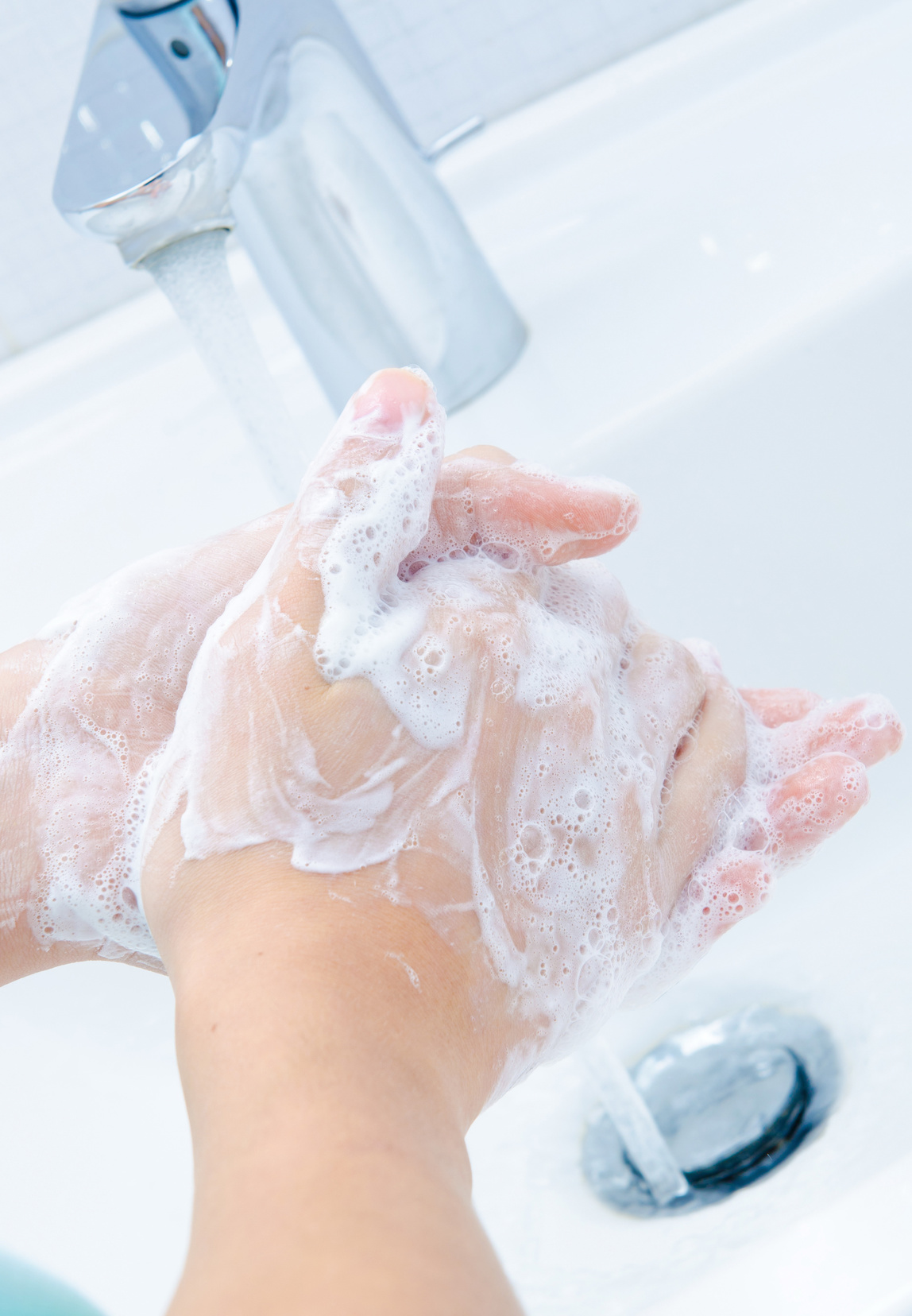Medical device and MedTech insights, news, tips and more
Study Finds Antibacterial Soap is No Better Than Plain Soap
October 14, 2015

With school in full swing and flu season just around the corner, you might be looking for a way to keep those germs at bay. But if you’re stocking up on antibacterial soaps, a study suggests you might as well be reaching for that regular old bar of soap instead. Korean scientists found that antibacterial soap with the active ingredient triclosan was “no more effective than plain soap at reducing bacterial contamination when used under ‘real-life’ conditions,” according to a study published in the Journal of Antimicrobial Chemotherapy this week.
Yet Brian Sansoni, a spokesman for the trade organization that represents makers of household cleaning products, calls the study “kind of irrelevant.” That’s because Sansoni says companies are increasingly switching to other ingredients in place of triclosan, which has been criticized for potentially causing a variety of health issues, from antibiotic resistance to endocrine disruption.
The study “talks about one specific ingredient that really is not being used in much of the mass-market antibacterial soaps anymore,” says Sansoni, vice president of communication and membership for the American Cleaning Institute. It’s not clear how many antibacterial products still contain triclosan. A quick scan of the Internet finds a host of websites that list products containing it. But a closer look at some of the products shows that triclosan has been replaced by another antimicrobial ingredient. For example, Dial Complete Antibacterial Hand Wash comes up in many searches for triclosan, despite the fact that it now contains benzethonium chloride.
Lynne Shallcross – SEPTEMBER 17, 2015 2:18
